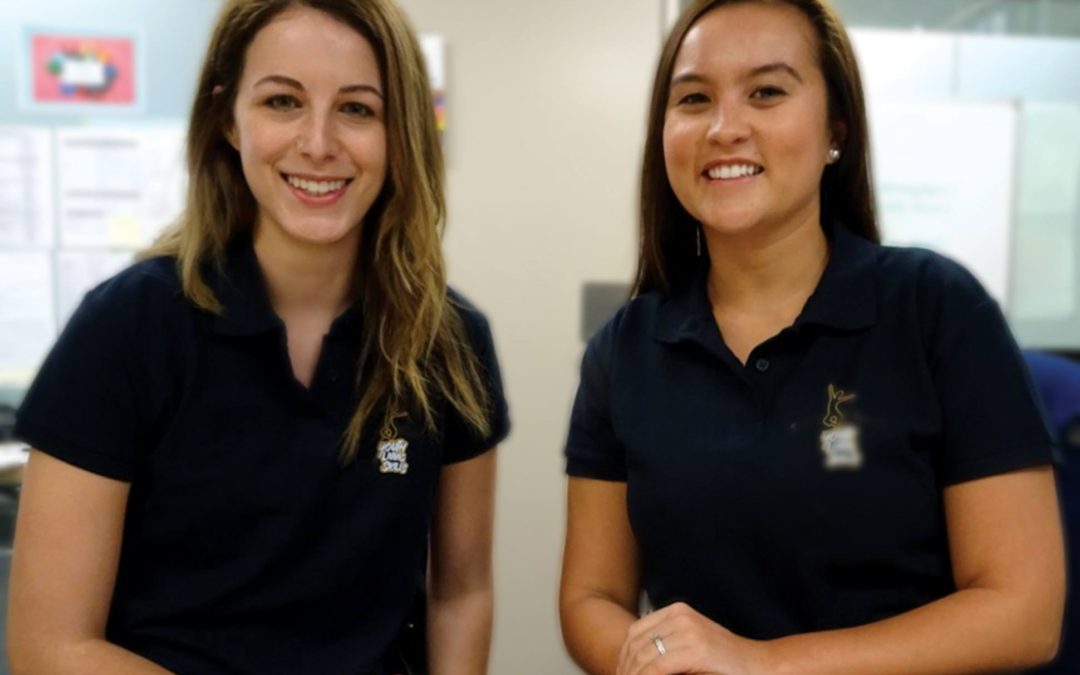What is a speech pathologist?
A speech pathologist (or therapist) is a university graduate who works in the allied health industry. Speech pathologists work with people who have difficulties in communication and assist them to enhance their capacity to communicate with others. Speech pathologists are experts in communication and can help people who have problems with speech (including fluency), language, reading and writing, and use of the voice. Depending on the person’s communication deficits, the therapist attempts to use various methods to facilitate increased communication, which may include the use of assistive technology, symbols, signs or gestures (e.g. for people with limited verbal skills).
Does my child need a speech pathologist?
The development of children can vary considerably from one child to another, and this is true of a child’s communication skills also. However, you may consider engaging a speech pathologist if your child has problems with:
– Comprehending what others say
– Being understood by others
– A voice that is difficult to understand or hear
– Reading
– Stuttering or fluency
– Becoming frustrated when he/she cannot effectively communicate with others
– Feeding or swallowing (.e.g. cleft palate condition)
– A diagnosis of intellectual disability or delay
– Regular or severe ear infections where there are concerns of affecting his/her communication
What medical conditions can a speech pathologist help with?
Speech pathologists collaborate with children and adults alike, and a wide range of medical diagnoses such as developmental delays, intellectual disabilities, learning difficulties, brain injury or stroke, hearing impairment, dementia, cerebral palsy, stuttering.
How do I find a speech pathologist near me?
It is not necessary to first obtain a referral from a medical practitioner; i.e. anyone can self-refer for an assessment with a speech pathologist. While many parents may visit their local General Practitioner as the initial step (and some of the cost can be subsidized by Medicare), you may simply contact a speech pathologist service by performing an internet search. If the person is a participant of the National Disability Insurance Scheme (NDIS), you can find a list of NDIS registered service providers on their website.
What is involved in a speech and language assessment?
Once you have secured an appointment with a speech pathologist, the purpose of the initial assessment is to measure your child’s level of communication, to understand his/her difficulties as well as areas they perform well in. The assessment involves the therapist utilizing standardized and formal assessments, collateral information from parents/family, other relevant background information and medical history (including family history), as well as analyzing the child’s behavior through observation.
Formal (standardized) assessments are used to be able to examine in contrast the results of your child’s tests to those of children who are the same age as him/her. These assessments gauge your child’s ability in:
– Expressive and receptive language and vocabulary
– Speech fluency
– Comprehending syntax, context and grammar
– Completing directions/instructions
– Hearing/auditory capacity
– Quality of voice
– Use of language in social context
– Oral-motor, swallowing and feeding skills
After the appraisal, the speech pathologist will then work with the child, their parents/family/carers and/or other key people (such as teachers or other health professionals) to put forward ways to enhance the child’s communication abilities. This therapeutic plan will be unique to the child and their social setting and environment. As such, parents and carers often play pivotal roles in therapy, as they can best actualize these strategies into the child’s daily living routine.

